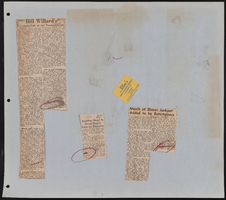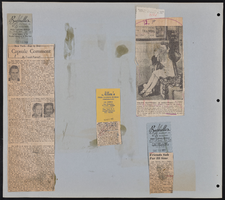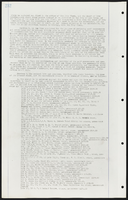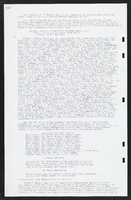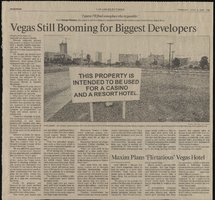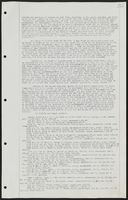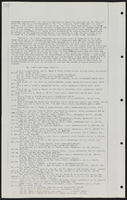Search the Special Collections and Archives Portal
Search Results
Louise Meehan Photograph Collection on the Boulder Club
Identifier
PH-00203
Abstract
The Louise Meehan Photograph Collection on the Boulder Club contains three black-and-white photographs of the Boulder Club in Las Vegas, Nevada from 1953. The photographs capture part of the interior of the club and showcase its slot machines, bar, and card room.
Archival Collection
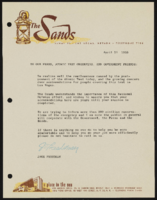
1955 atomic test in Nevada: Sands Hotel correspondence, records, and photographs
Date
1955
Archival Collection
Description
Series XVIII. Television, Radio Shows, and Movies
Sands Hotel and Casino
Mixed Content
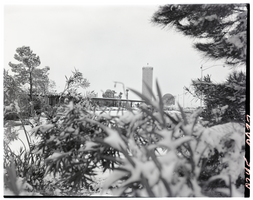
Film transparency of the Flamingo Hotel and Casino, Las Vegas, Nevada, January 7, 1955
Date
1955-01-07
Archival Collection
Description
The Flamingo Hotel and Casino in Las Vegas, Nevada, as seen through a snow-laden bush. The Marquee is visible in the background, advertising Tony Martin, The Goofers, The interludes, Ron Fletcher, Salmas Brothers, Bobby Page, and others. Benjamin "Busgsy" Siegel, opened The Flamingo Hotel & Casino at a total cost of $6 million on December 26, 1946 to poor reception and soon closed. It reopened in March 1947 with a finished hotel. Three months later, on June 20, 1947, Siegel was shot dead at the Beverly Hills home of his girlfriend, Virginia Hill. Billed as "The West's Greatest Resort Hotel," the 105-room property and first luxury hotel on the Strip, was built 4 miles (6.4 km) from Downtown Las Vegas, with a large sign built in front of the construction site announcing it was a William R. Wilkerson project, with Del Webb Construction as the prime contractor and Richard R. Stadelman (who later made renovations to the El Rancho Vegas) the architect. Lore has it that Siegel named the resort after his girlfriend Virginia Hill, who loved to gamble and whose nickname was "Flamingo," a nickname Siegel gave her due to her long, skinny legs. Organized crime king Lucky Luciano wrote in his memoir that Siegel once owned an interest in the Hialeah Park Race Track and viewed the flamingos who populated nearby as a good omen. In fact, the "Flamingo" name was given to the project at its inception by Wilkerson.
Image
Pagination
Refine my results
Content Type
Creator or Contributor
Subject
Archival Collection
Digital Project
Resource Type
Year
Material Type
Place
Language
Records Classification

